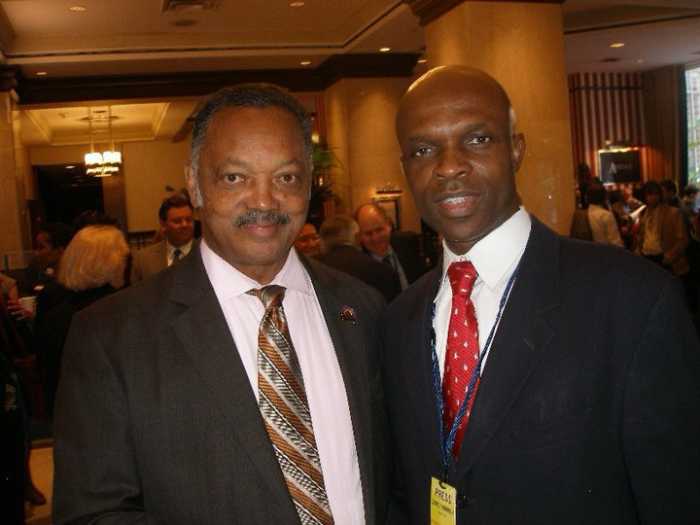By Bob Harris
Hurricane Sandy devastated whole communities throughout New York City. Schools in these areas that were not damaged became community centers for people displaced by the storm. Even today, some homes have not been rebuilt.
Does anybody who understands the devastation and impact on the schoolchildren expect most of the students to do well on the state tests given so soon after the storm?
The plans are that 20 percent of a teacher’s evaluation will be based on these state math and English tests given in Grades 4 to 8. The teachers will be judged based on how much their students improve compared to similar students around the state.
But last year’s scores were based on more rigorous tests the state decided to give the students because it believed the previous tests were too easy. To further complicate evaluations, this year’s tests were based on the new nationwide Common Core standards, which were developed during the past few years to better prepare students for college and new hi-tech careers.
While developing and then testing students on new higher standards and skills is a good idea, teachers were not provided with the new curriculum on which to make new lesson plans. In short, most or all students were never taught the new Common Core materials. There still seem to be plans to evaluate teachers on how well their students do on material they were never taught.
New York state is the second state in the nation to administer tests aligned to the Common Core. A number of students were crying when they finished these new tests last April. There has not been time for publishing companies to produce textbooks which contain the new standards. What will be the new baseline for learning?
At the same time this testing is going on in the lower grades, high school standards have been raised. High school students will need grades of at least 65 or higher on five Regents exams to graduate. Formerly the passing grade on Regents exams was 55. Exams were sent to Connecticut to be marked, but some boxes were lost and have not been found.
This June, several hundred students did not get their Regents grades on time because the city Department of Education decided to send exams to other schools to be graded and to grade the multiple choice parts by machine. Some machines could not read the materials because information about these students was blocked out. Years ago, the Regents were marked in schools and it did not cost all this money.
While all this confusion is going on in testing and evaluation, the DOE wants to have a pilot program to extend the school day for sixth-grade in some neighborhoods to increase learning, but the city budget planners want to close after-school Beacon programs, where children can study, do homework and learn.
Three years ago, the city decided to end social promotion of elementary and middle-school students who had failed subjects. The DOE is now permitting social promotion because students kept getting left back. They just could not pass no matter what was done to help them. How will the teachers of these students be rated?
There would have been more money to provide more teachers if we had not had the CityTime scandal with those hundreds of millions of dollars stolen by contractors. Also, the DOE is now trying to save those expensive networks, which now provide advice to the schools, but had been provided at no extra cost by licensed supervisors in the past.
The DOE still wants to close about 22 schools, although a new mayor will be in office in five months with new education philosophies. Some of these schools have been closed one or two times previously. A few are the much vaunted charter schools.
Running charter schools is the new way for big business to make money, and still high school graduates are not college-ready.


































